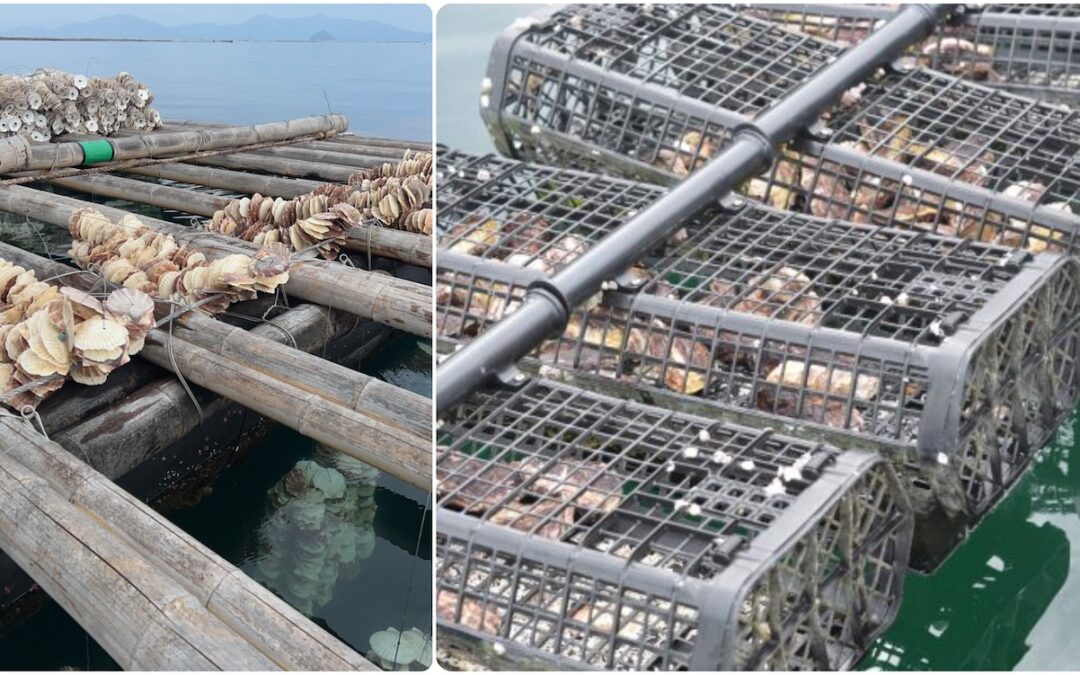
by Elizabeth Andoh | Feb 5, 2026 | Kitchen Culture
Oysters Wild Harvest and Farmed Oysters Throughout the world, oysters have been a popular food source since ancient times. Archeologic evidence in Japan, in the form of kaizuka (shell mounds), dates to the Jōmon period (14,000-300 BCE). Oysters had been abundant for...
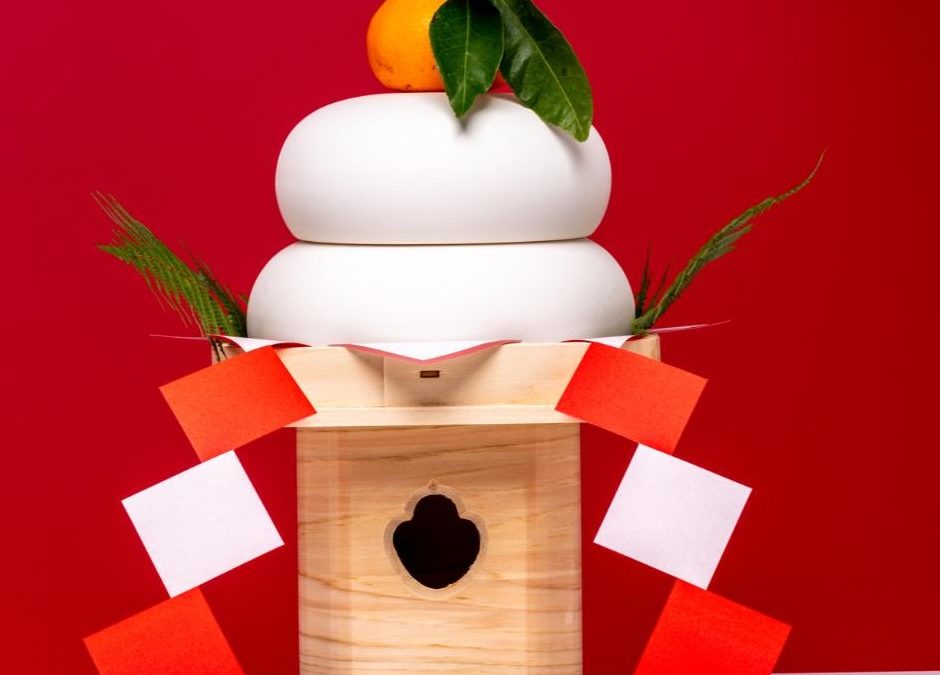
by Elizabeth Andoh | Jan 7, 2026 | Kitchen Culture
Kagami Mochi 鏡餅 At New Years’ time, the Japanese decorate their homes with a special display called KAGAMI MOCHI. There are many regional variations on the theme but typically two large rounds of omochi rice taffy are stacked with a daidai 橙 (bitter orange) on top....
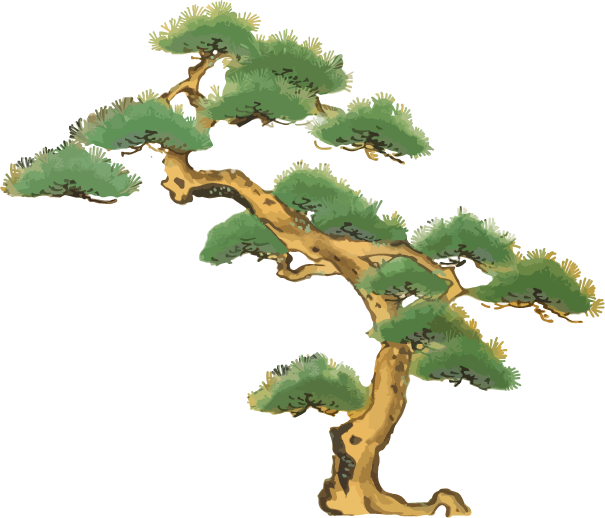
by Elizabeth Andoh | Dec 3, 2025 | Kitchen Culture
Pine as a symbol of longevity and resilience Because pine trees are hardy evergreens, they are a symbol of longevity and resilience in Japanese culture. As such they are a key motif used at New Year’s. Various foods are configured to evoke the image of pine needles...
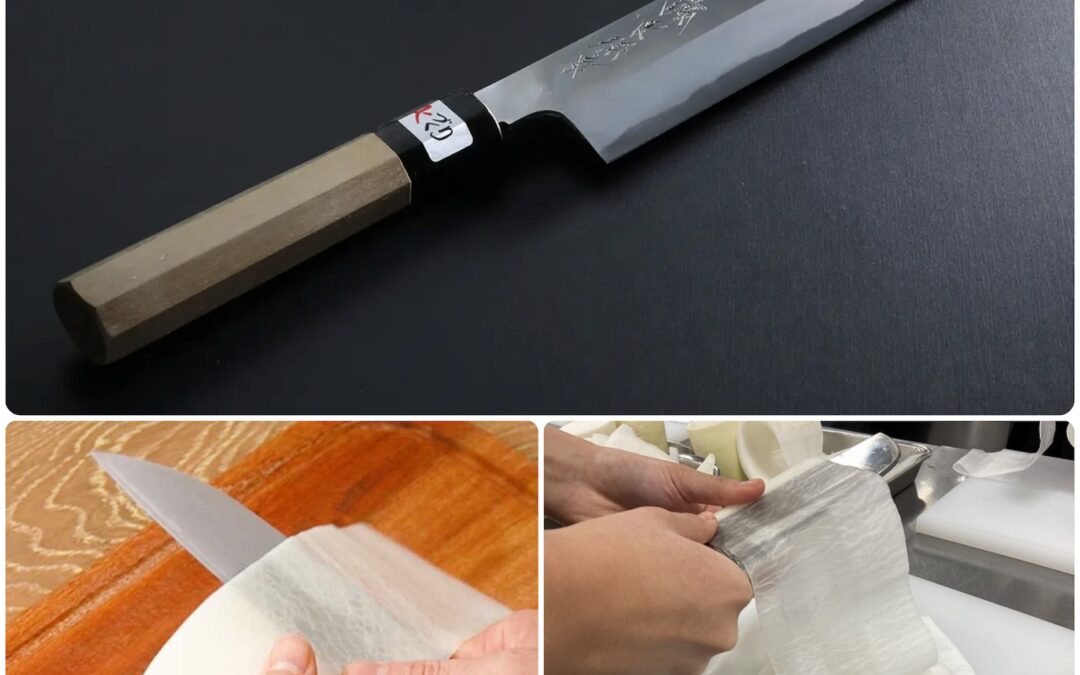
by Elizabeth Andoh | Nov 10, 2025 | Kitchen Culture
KATSURA MUKI Daikon radish is peeled into long, seemingly impossibly thin ribbons in a cut known as katsura muki. The skill needed to produce these peels is the most basic requirement in any Japanese professional kitchen. It typically takes months (if not years) of...
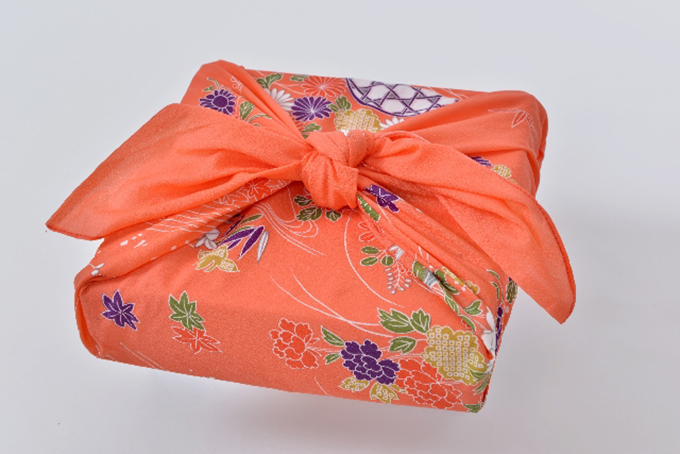
by Elizabeth Andoh | Oct 16, 2025 | Kitchen Culture
Tsutsumu… wrapping, enveloping FUROSHIKI Written with calligraphy for “bath” (furo 風呂) and “spread out” (shiki 敷) the word is rather curious for a piece of cloth. It seems the origins hark back to the Muromachi Period (1336-1573 AD) when Daimyo lords would...
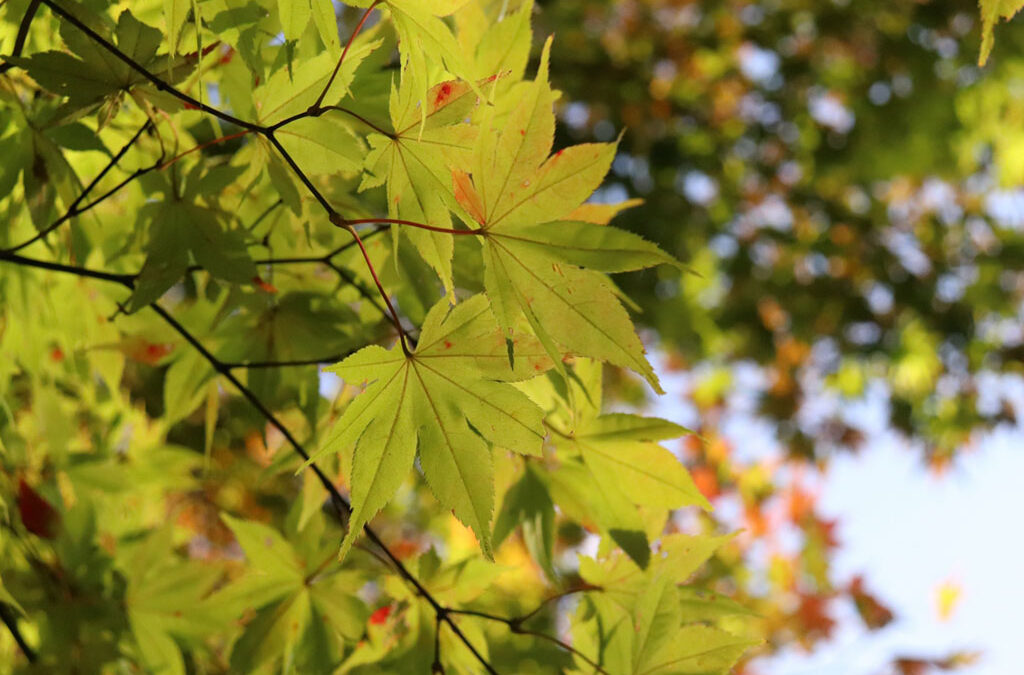
by Elizabeth Andoh | Sep 2, 2025 | Kitchen Culture
The ancient, lunar-based koyomi almanac marks the start of autumn with risshū 立秋. When hot weather continues beyond that time, the phenomenon is referred to as zansho 残暑, literally “lingering heat.” On the Gregorian calendar, this year (2025) risshū...

by Elizabeth Andoh | Aug 7, 2025 | Kitchen Culture
SUMMER FESTIVALS: Yatai, Mikoshi, Bon Odori, Hanabi Throughout Japan summertime is a time for natsu matsuri: summer festivals. And that means hanabi 花火 (fireworks), mikoshi 神輿 (portable Shinto shrines paraded through the streets during festivals), and bon odori...
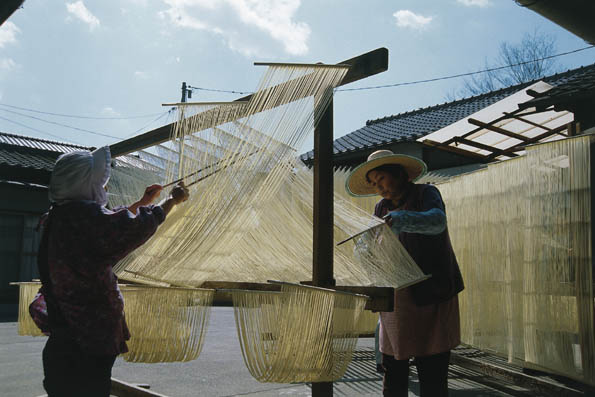
by Elizabeth Andoh | Jul 5, 2025 | Kitchen Culture
Hand-Stretched Noodles 手延べ素麺 TÉNOBÉ SŌMEN As the heat and humidity of summer settles in, appetites begin to wane. That’s when chilled sōmen noodles provide solace. Indeed, sōmen have been refreshing heat-weary Japanese since at least the 8th century. Sōmen noodles...
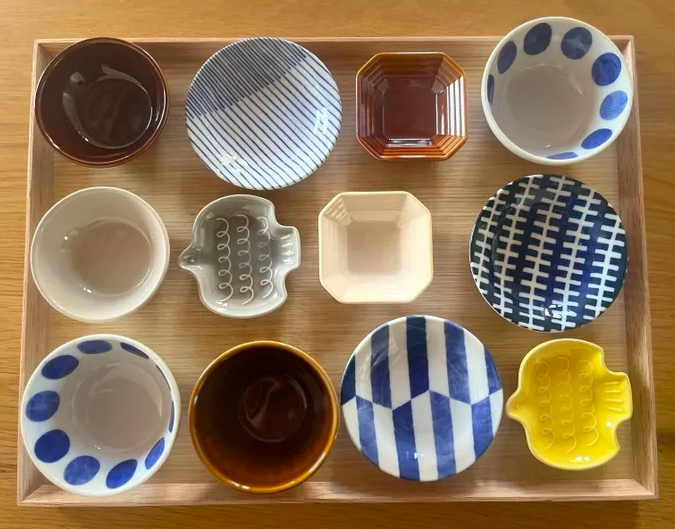
by Elizabeth Andoh | Jun 13, 2025 | Kitchen Culture
MAMÉ-ZARA 豆皿 (Small Plates) One of the distinctive features of Japanese food arrangement is the use of many small plates and bowls in serving a meal. These vessels are typically varied in appearance (color, shape, design) and generally hold small portions of food...
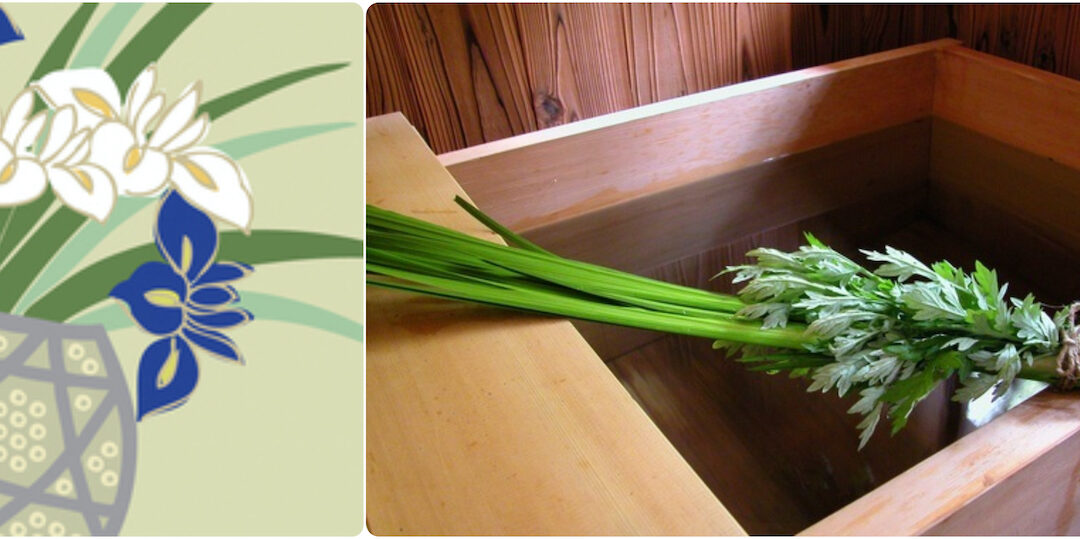
by Elizabeth Andoh | May 3, 2025 | Kitchen Culture
SHŌBU: 尚武・勝負・菖蒲 In Japanese, the words for martial spirit (shōbu, 尚武), victory (shōbu, 勝負), and a reed that is a botanical relative of the iris flower (shōbu 菖蒲) make a fortuitous pun. Throughout Japan, during Golden Week, fragrant bunches of shōbu (iris reeds), are...
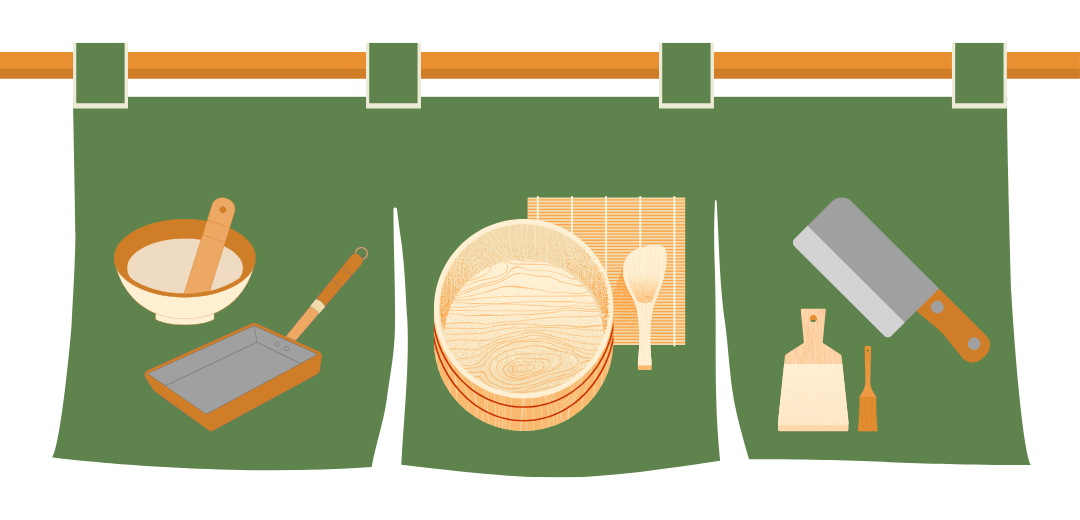
by Elizabeth Andoh | Apr 17, 2025 | Kitchen Culture
In Japan, April is the time for new beginnings — the start of a new school year, a new fiscal year, and changes to many established programs on TV, radio and other media outlets. In tune with this custom, I’ve made some changes at A Taste of Culture this...
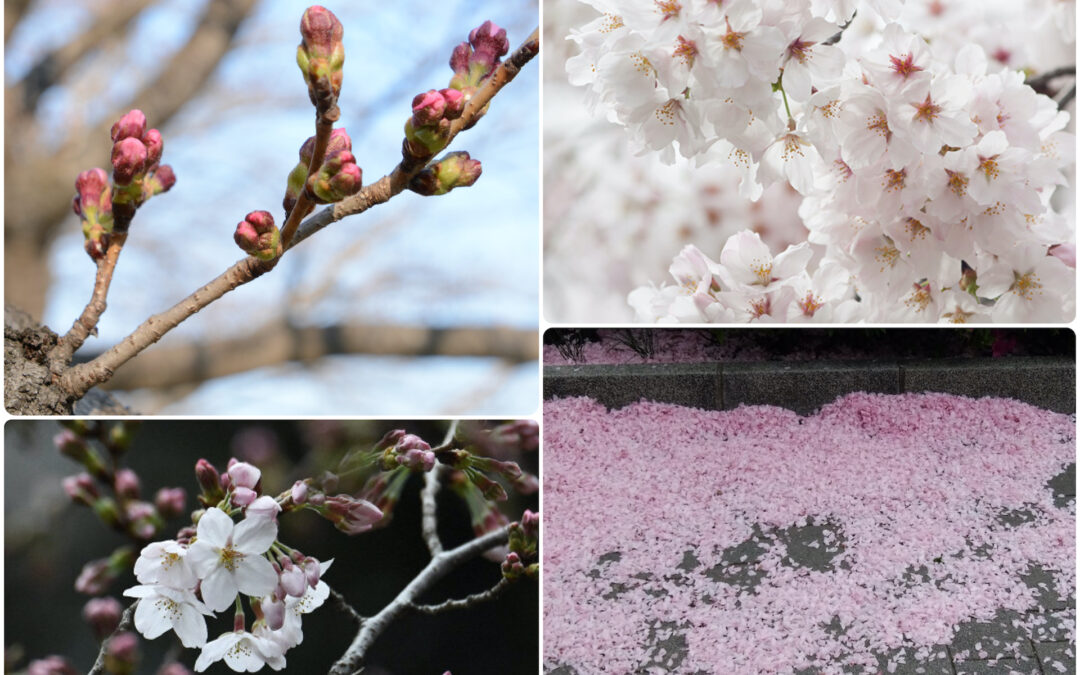
by Elizabeth Andoh | Mar 25, 2025 | Kitchen Culture, Spring
The Japanese take great pleasure in celebrating the seasons and SAKURA (cherry blossoms) are emblematic of spring. From the time buds (tsubomi 蕾) first appear to the official pronouncement of blooming (kaika 開花) it is often less than a week. And from there to...
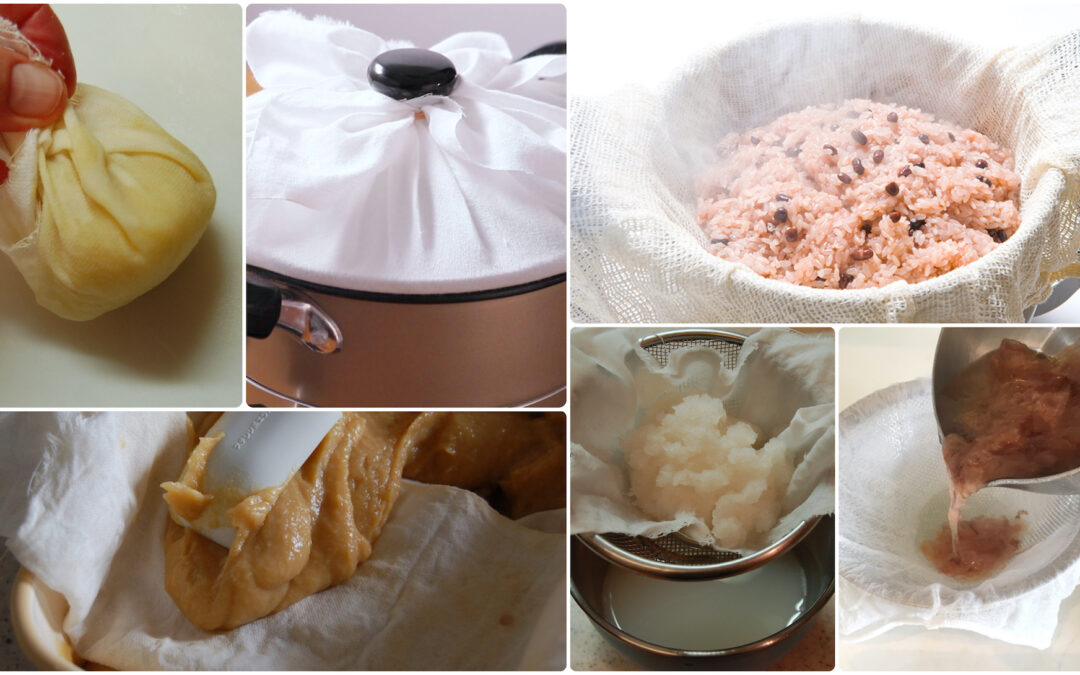
by Elizabeth Andoh | Feb 26, 2025 | Kitchen Culture, Tools & Techniques
Cloth is the work horse, and often unsung hero, of the kitchen. In the Japanese kitchen, cloth enables the cook to perform a wide range of tasks such as lining steamers, draining and straining, enveloping, and shaping. fukashi nuno 蒸し布 Cloths known as fukashi nuno 蒸し布...
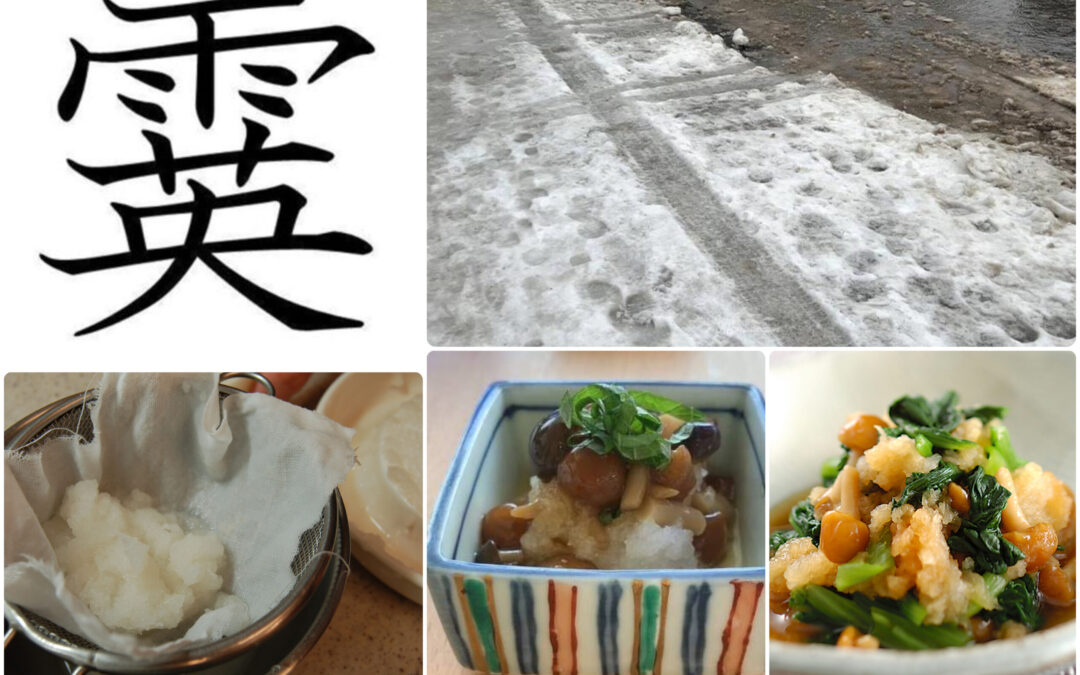
by Elizabeth Andoh | Jan 28, 2025 | Kitchen Culture, Winter
Winter weather reports predicting SLEET (mizoré), are rarely welcome news. After all, the bone-chilling mixture of rain and snow is messy under foot and creates hazerdous road conditions. But when mizoré appears on a menu, it conjurs up tasty fare. Snowy white daikon...
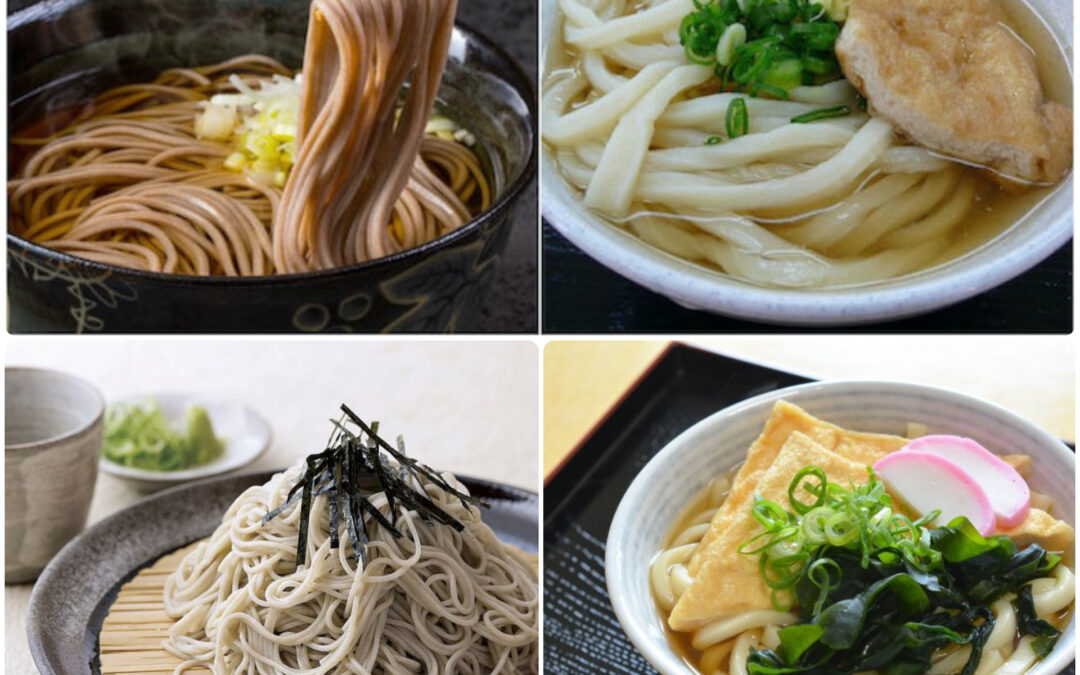
by Elizabeth Andoh | Dec 21, 2024 | Culture, Holiday, Kitchen Culture, Year-Round
Year-Passing SOBA… New Year-Welcoming UDON The Japanese bid farewell to the current year by slurping l-o-n-g noodles at midnight. Though most areas of Japan eat soba, calling the noodles toshi koshi (year-passing), those hailing from the Sanuki region eat udon....
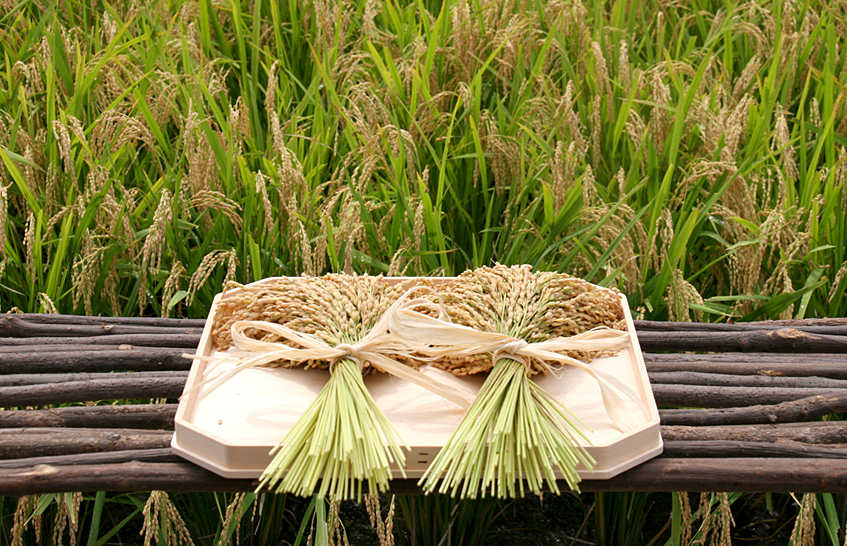
by Elizabeth Andoh | Nov 19, 2024 | Autumn, Holiday, Kitchen Culture
In Japan, rice is more than just sustenance. It holds symbolic and sacred significance. Rice yield was also a measurement of wealth during the Edo Period (1603-1868). Early records of rituals celebrating the harvest and entreating future prosperity, called nii namé...
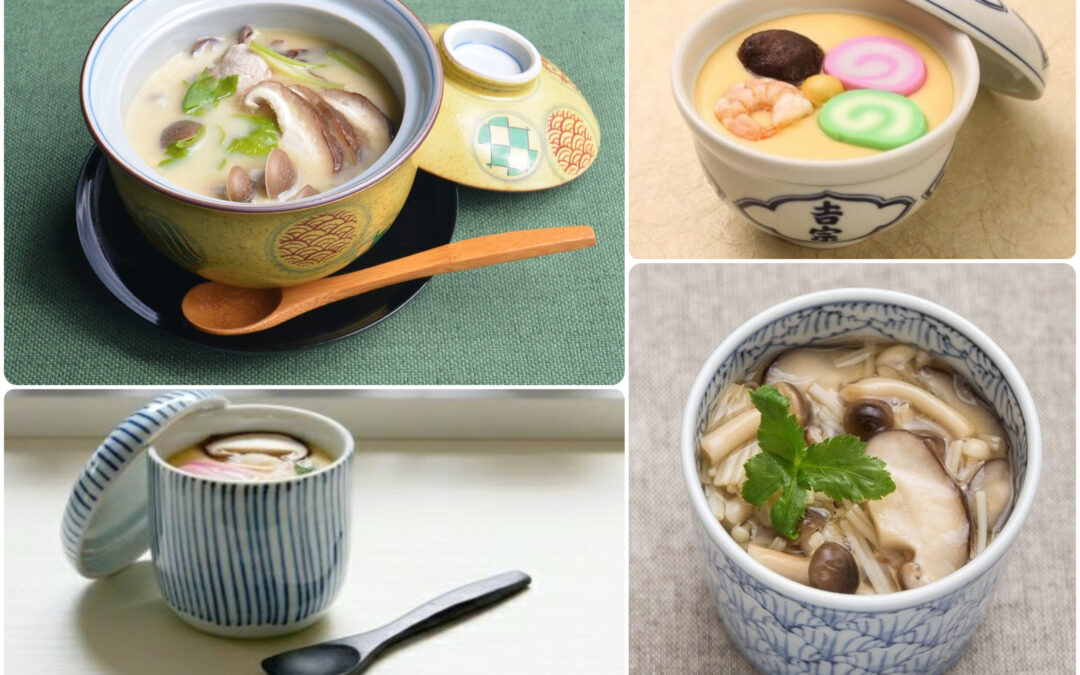
by Elizabeth Andoh | Oct 18, 2024 | Kitchen Culture, Year-Round
Silky, savory egg custards called CHAWAN MUSHI 茶碗蒸し are served in cups with a spoon. The egg and dashi mixture is delicately seasoned with mirin and light-colored soy sauce. Various tidbits such as mushrooms, ginko nuts, chicken, shrimp or kamaboko (fish sausage) can...
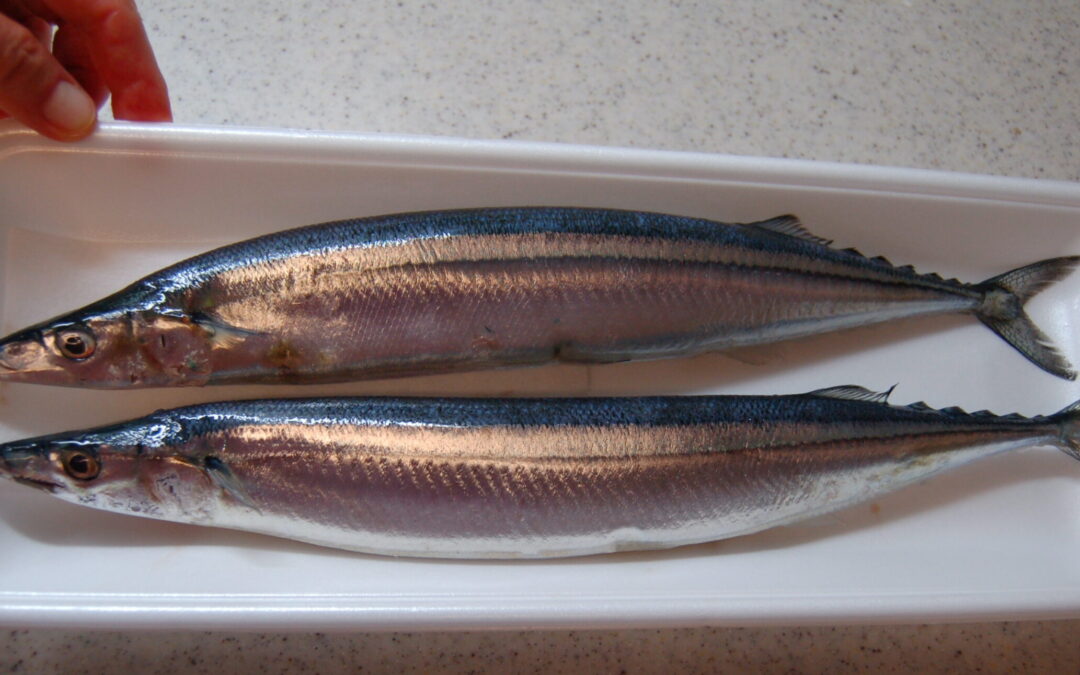
by Elizabeth Andoh | Sep 5, 2024 | Autumn, Kitchen Culture
The Japanese speak of aki no mikaku (autumnal eating pleasures). Of the many foods placed in that category, a slender, sleek, and steely-colored fish called sanma (Pacific saury; Cololabis saira 秋刀魚) has always been considered shomin no aji, or “food for the...
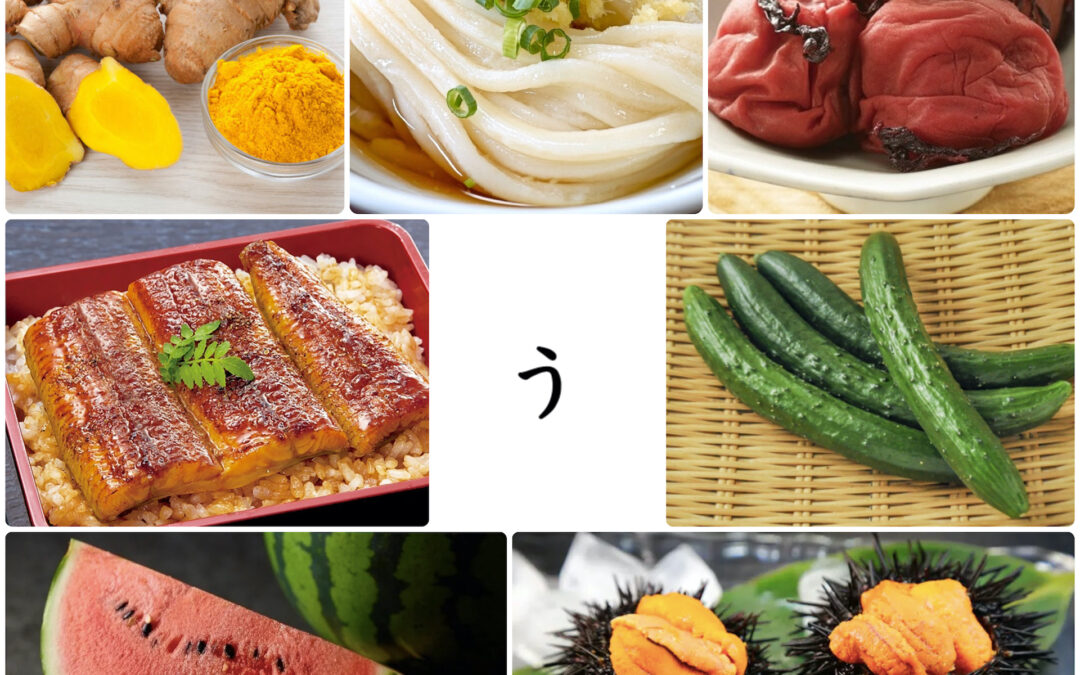
by Elizabeth Andoh | Aug 5, 2024 | Kitchen Culture, Summer
The Japanese have long believed that foods beginning with the syllable “U” (written” う in hiragana), have special beat-the-heat properties. Most famous is UNAGI (eel, rich in vitamin B1) known as an antidote for summertime lethargy. The current custom of...
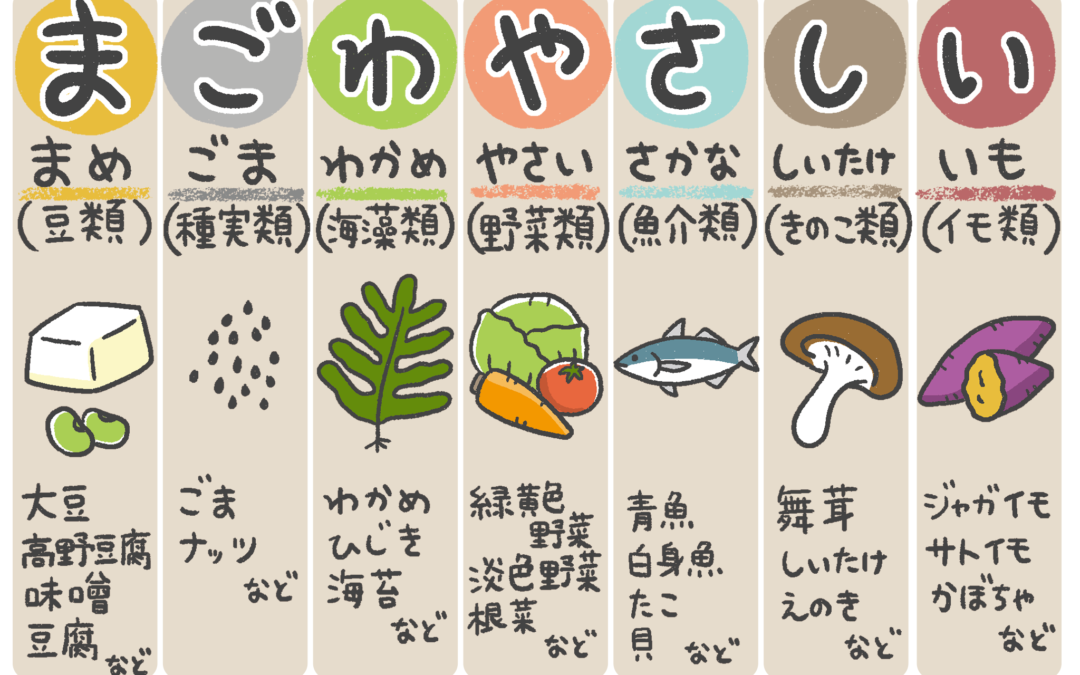
by Elizabeth Andoh | Jul 5, 2024 | Culture, Kitchen Culture
MA-GO-WA-YA-SA-SHI-I(Grandchildren are kind) This acronym helps speakers of Japanese remember the names of food groups that support a healthy diet. Each of the seven sounds represents a food group, while the total spells out a lovely adage (lauding the kindness of...





















